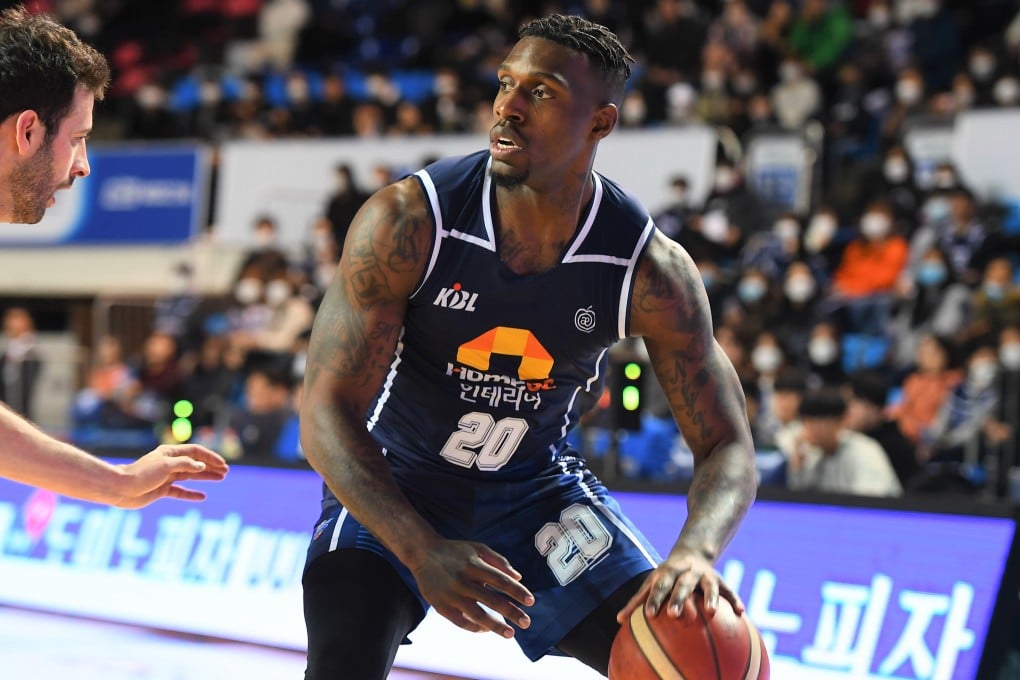‘Go home’: the hidden struggles of South Korea’s naturalised basketball players
- They play for South Korea and have made the country their home, but being naturalised citizens is a rocky road, say the overseas-born athletes
- Many struggle with the Korean hierarchical social system, while others are told to ‘go home’ after lacklustre games

In January, three-time Korean Basketball League (KBL) champion Ra Guna went public about the discrimination he receives “on a daily basis” from fans. The naturalised South Korean citizen said whenever he had lacklustre games, fans would post racist and hateful comments online, telling him and his family “to go back home” or his daughter to die.
The 31-year-old, who has been praised as one of the best players in the league, led his team, Mobis Phoebus, to three consecutive championship victories from 2012 to 2014. He has also been a dominant force for South Korea in international competitions such as the 2018 Asian Games, where he helped the country to win the bronze medal.
Nevertheless, Ra Guna’s experience reflects the hardships foreign-born players can face after coming to South Korea to play professional sport. For these athletes, adapting to a society where 96 per cent of the population is ethnic Korean requires getting used to a culture rooted in Confucian ideals, such as a strong social hierarchy and in-group mentalities.
Senior players on the university basketball squad would pick on me for merely coming from a different country.
Ra Guna is one of nine KBL players from abroad who has received Korean citizenship since the league was established in 1996.
Among that group is also Hong Kong’s Chow Kin-wan, 29, who was the last pick in the KBL draft in 2016.